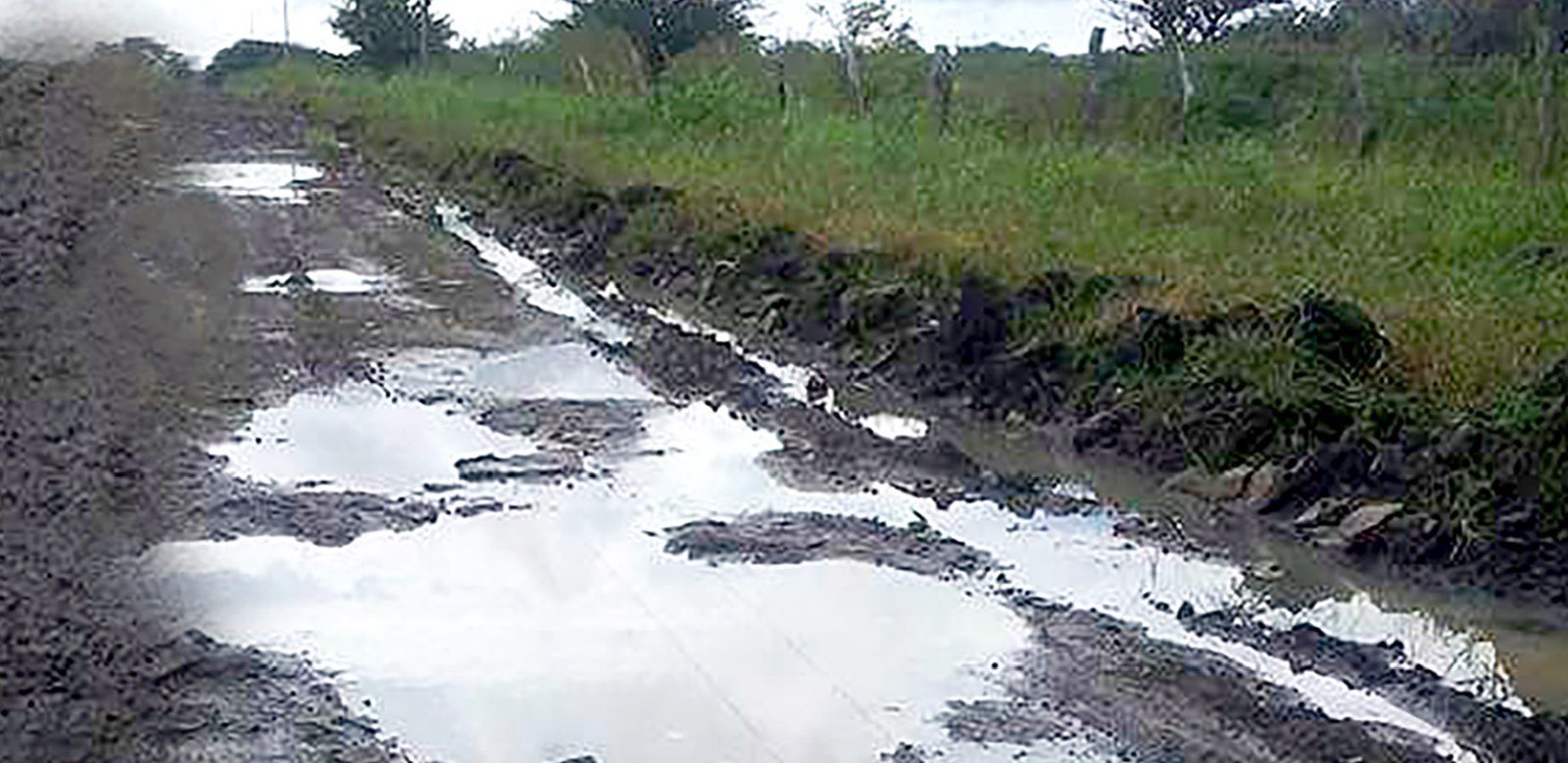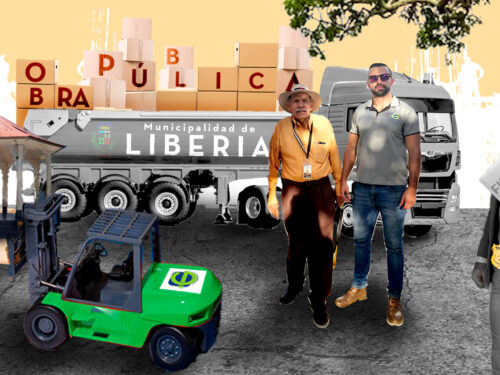
A legal disagreement among the Municipality of Liberia, the Comptroller General of the Republic and two other institutions has left repairing a gravel road in limbo. The road covers nine kilometers and connects the community of El Triunfo with Papagayo.
The mayor of Liberia, Julio Viales, confirmed that the municipality has ¢547.9 million to invest in the road that connects Playa Iguanita with the Papagayo project, but it cannot use the funds because the Costa Rican Tourism Board (in Spanish, ICT) has to give the green light as the monies come from taxes paid on the maritime-terrestrial zone.
According to a report from the Comptroller General’s office on June 14, 2016, the municipality can only use that money if the ICT and the National Institute of Housing and Urbanism (in Spanish, INVU) approve it.
The report is based on the Maritime-Terrestrial Zone Law. Article 59 of this law lets municipalities use part of the money for cantonal improvements when the INVU and ICT confirm that they do not need the funds to develop tourism projects in the restricted zone.
In the middle of this disagreement, local residents suffer from the road’s poor condition. Rosaura Baltodano, president of El Triunfo’s streets committee, says this issue affects more than 100 families who live there.
Because of the streets and the lack of an institutional response, residents are planning on striking in May and blocking the entrance to Ruta 21, which goes to Papagayo.
How did it happen?
Although the Municipality of Liberia included these funds in their 2016 budget with a response that the ICT had given in 2015, the ICT’s response does not expressly indicate that these funds are not partially or totally necessary for the development of tourism in the region.
That’s why the ¢547.9 million – which correspond to money left over from tourism improvements in the region – will remain at the municipality until the ICT, the INVU, and finally the Comptroller approve their use.
According to Viales, the mayor sent a document this past March 16 that spelled out their preocupations regarding the delay of the ICT’s response. He also resent the justification and details of the works that were presented in 2014.
For the time being, the municipality continues to wait for a response from the institutions.
The Voice of Guanacaste consulted the ICT about when they would send a response to the municipality. However, we have not received a response before going to press.







Comments